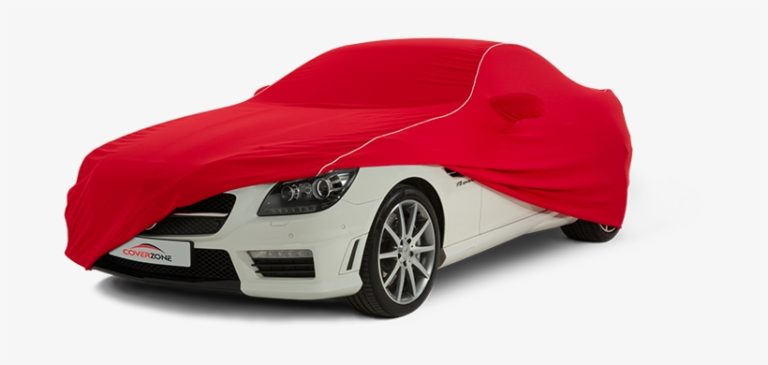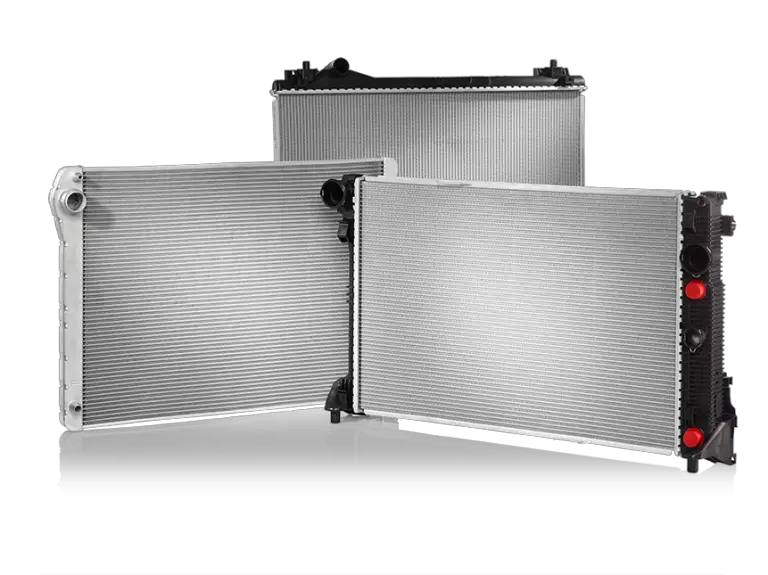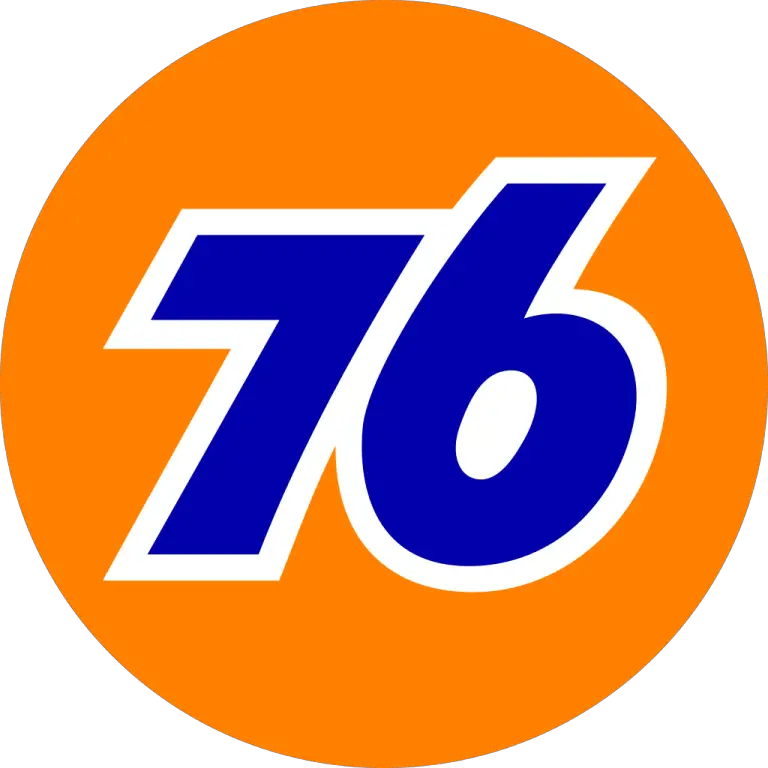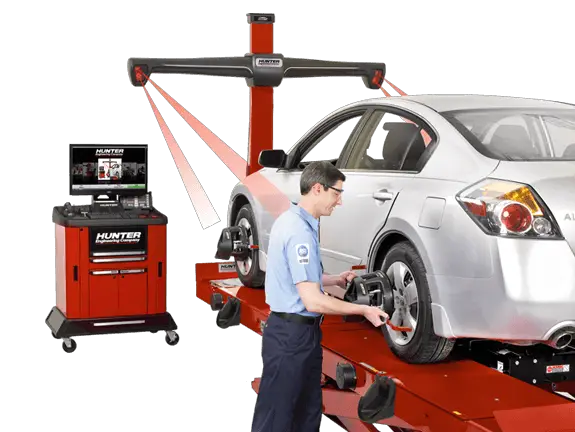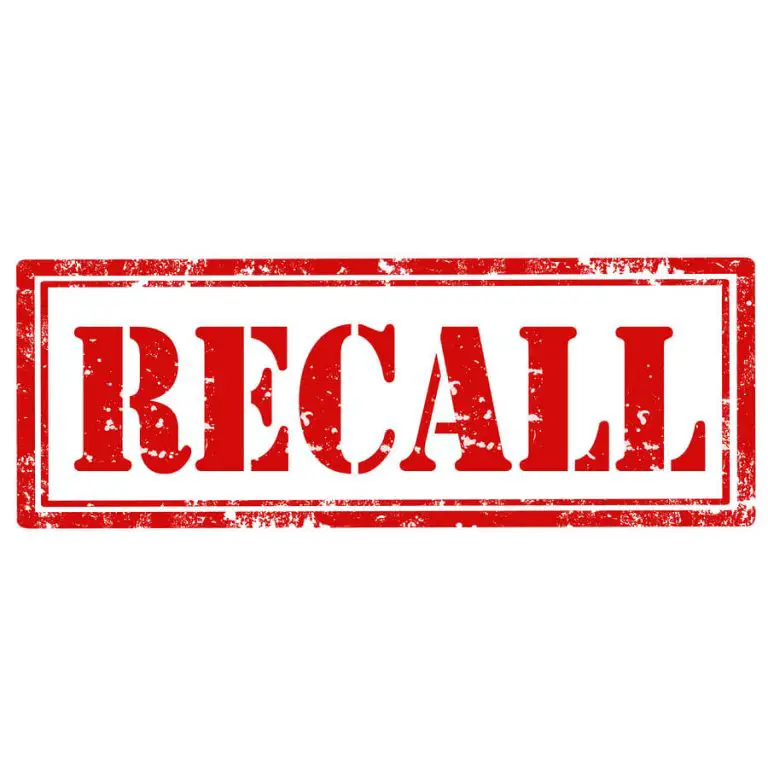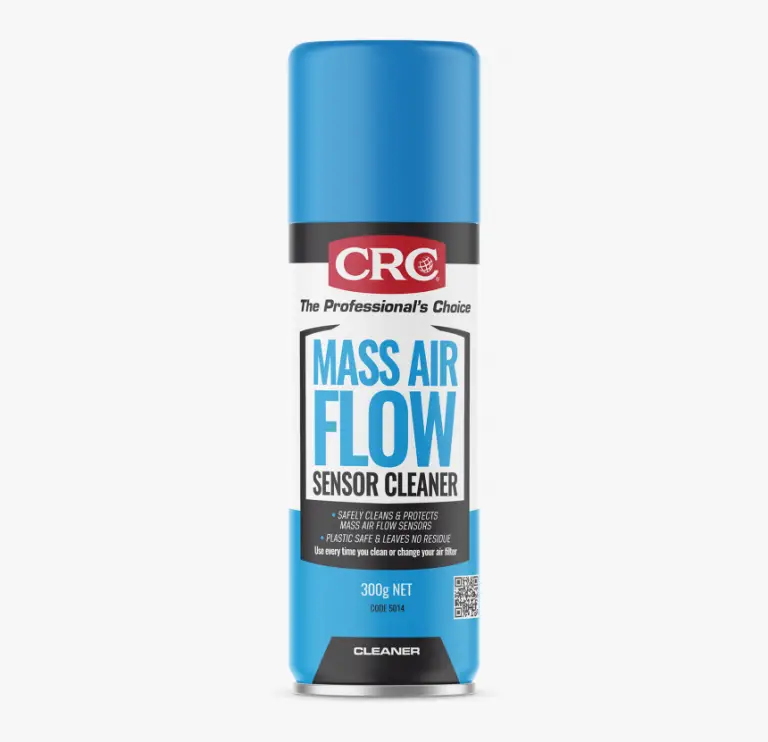Cadillac XT5 Gas Type
The gas-related characteristics of the Cadillac XT5 are something we are interested in looking at.
We will answer questions about the recommended fuel types, fuel economy, tank size, and the cost of filling up the Cadillac XT5 like our other gas-related websites.
What is the amount of gas taken by the Cadillac XT5?
A minimum octane rating of 87 is what regular unleaded gasoline with a 3.6L engine has.
Premium unleaded gasoline with an octane rating of 91 is taken by theXT5 with a 2.0L engine.
This is not the whole story. We have covered everything in great detail, so grab a cup of coffee while you get answers to all of your fuel-related questions.
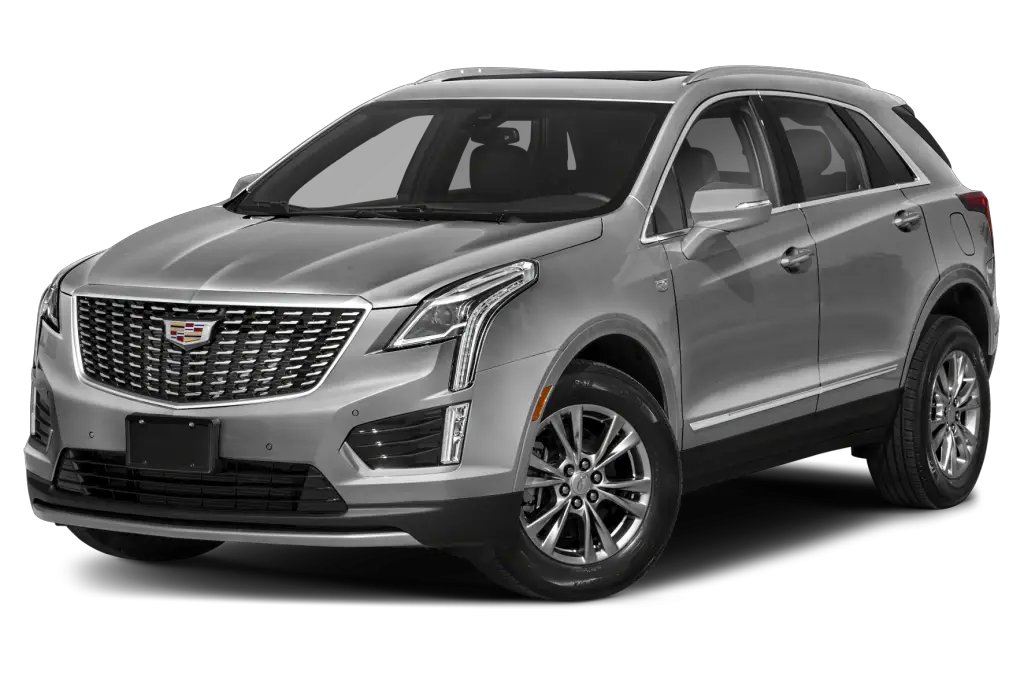
Fuel Requirements
The recommended fuel for each engine type and the different types of engines used in XT5 can be found in the following table.
- 3.6 L 6 Cylinder (2017-22) – Regular gasoline (Octane rating 87)
- 2.0 L 4 Cylinder (2020-22) – Premium unleaded gasoline (octane rating 91)
What Types Of Gasoline Can And Can’t Be Used?
We will look at the various popular fuels available, what fuels are recommended by Cadillac, and which ones are detrimental to the engine’s health.
There is a lot of hype around the benefits of non-conventional fuels, but in extreme cases, they are not true.
If your Cadillac XT5 is powered by a 3.6L engine, then the general recommendations are to use regular gasoline.
If the base engine of your XT5 is 2.0L, the recommended fuel is premium unleaded gas, and if it is diesel, it is not.
In the rest of the section, we will look at the major categories of gas and discuss whether it is safe to use in the XT5.
Reformulated Gasoline
Fossil fuels consist of hydrogen and carbon, the burning of which produces carbon monoxide and sulfur, both of which create smog.
The RFG program was mandated by Congress in 1990 to reduce the levels of pollution in cities.
Reformulated gasoline is a gasoline that has been altered to have lower levels of compounds that contribute to the formation of smog and ozone.
Increasing the octane rating may include increased use of alcohol to increase efficiency and reduce emissions.
RFG has a lower sulfur content and burns cleanly. As a result of its use, it is now compulsory in many cities in the USA.
According to the Cadillac owner’s manual, the general recommendation is that fuel should be sulfur-free or low in sulfur content, depending on the engine, between 87 and 91.
RFG that meets the criteria can be used.
Gasoline/Oxygenated Blends Or E-85
Oxygenates have oxygen molecules in their structure. Oxygenates are mixed with fossil fuels to increase their oxygen content Oxygenated fuels burn more efficiently and produce less dangerous toxins such as carbon monoxide. Ethanol is the most common oxygenate.
With more and more states and environmental and health agencies pushing for a cleaner environment, a high percentage of gas sold in the USA is oxygenated. The fuel is usually marked E10
Cadillac does not allow the use of any fuel that is labeled greater than 15% ethanol by volume for its gas engines. Mid-level blends of 16– 50% alcohol are not allowed.
One of the most popular oxygenated blends is E 85 or Flex Fuel which is composed of 85% of alcohol.
Flex Fuel and normal gasoline are some of the fuels that car manufacturers have developed engines for.
Cadillac does not allow the use of E85 because it can have detrimental effects on the engine and the fuel supply system.
Gasoline With Added Materials
The materials that gasoline companies add to their products make them more attractive to consumers.
They can be used to increase their octane rating, or they can be used to increase their lubricant rating.
There are several Additives, such as metal deactivators, oxygenates, and Antioxidants.
Most car manufacturers are unconvinced about the benefits or advantages of adding various materials to gas.
Most materials did not meet the claimed benefits in a study conducted by the EPA.
If your car is new and in good running condition, you should not use gas with added materials.
Older cars that have had a lot of gunk buildup over the years will benefit from materials that act as detergents or cleaners.
Cadillac recommends using top-tier detergent gasoline for its vehicles.
If Top Tier isn’t available, Cadillac suggests adding ACDelco Fuel System Treatment Plus gasoline to the fuel tank at every oil change or 15,000 km, whichever occurs first.
Your vehicle’s engine fuel deposit can be prevented with the help of these products.
If you purchase fuel from the TopTier or Shell brands, Cadillac recommends buying fuel with Additives. If it’s less than 10% of the content, it’s not safe to use it among alcohol.
The use of methanol is forbidden by Cadillac. Iron and manganese are not allowed because they can cause permanent damage to the catalytic converter.
Cadillac warned that failure to follow recommendations in the owner’s manual may require maintenance.
Gasoline With MMT
Enhancing the fuel’s octane rating is done with the addition of MMT. The long-term damage it causes to public health and the vehicle’s health outweighs the benefits it brings.
Studies are showing that MMT has a higher level of emissions.
The public health agencies put up a strong fight against its use. It has been shown that it causes spark plug deposits and plugging.
The emissions control system and spark plugs are damaged by the fuel that contains metals.
Biodiesel
Biodiesel is derived from vegetable oils, animal fats, or recycled restaurant grease.
The concentration known as B5 is compatible with the petro-diesel, and it is blended in different concentrations.
The current Cadillac doesn’t use diesel engines, so there are no recommendations related to that.
What To Do If I Hear A Knocking Noise From The Engine After Refilling?
Engine knock is something that we all have experienced. The repetitive pinging engine sound is called Knock.
Poor quality fuel, temperature, spark plug condition, or engine condition are some of the reasons for engine knock.
Usually, this sound occurs because of poor quality fuel and this may weaken the engine.
Each engine has been designed to run on a fuel rating that is recommended. Poor quality fuel causes the air-gas mixture to burn unevenly, which causes a knocking sound.
If the use of lower octane gas results in a knock, it is a good idea to switch to the fuel with the recommended octane rating as soon as possible.
If the knocking continues even after using recommended fuel, it is necessary to have the car checked by a Cadillac authorized technician.
What Octane Rating Is Recommended?
The Cadillac xt5 has a good octane rating.
You will be fine with it running on regular gasoline if it has an octane rating of at least 80. It is recommended so you won’t have any trouble with performance.
Benefits of 87 Octane Gas
The benefits of 87 octane are that it contains more resistance to detonation and allows an engine to run efficiently.
Engines can increase their power when they run on higher octane fuel. The result will be a better performance.
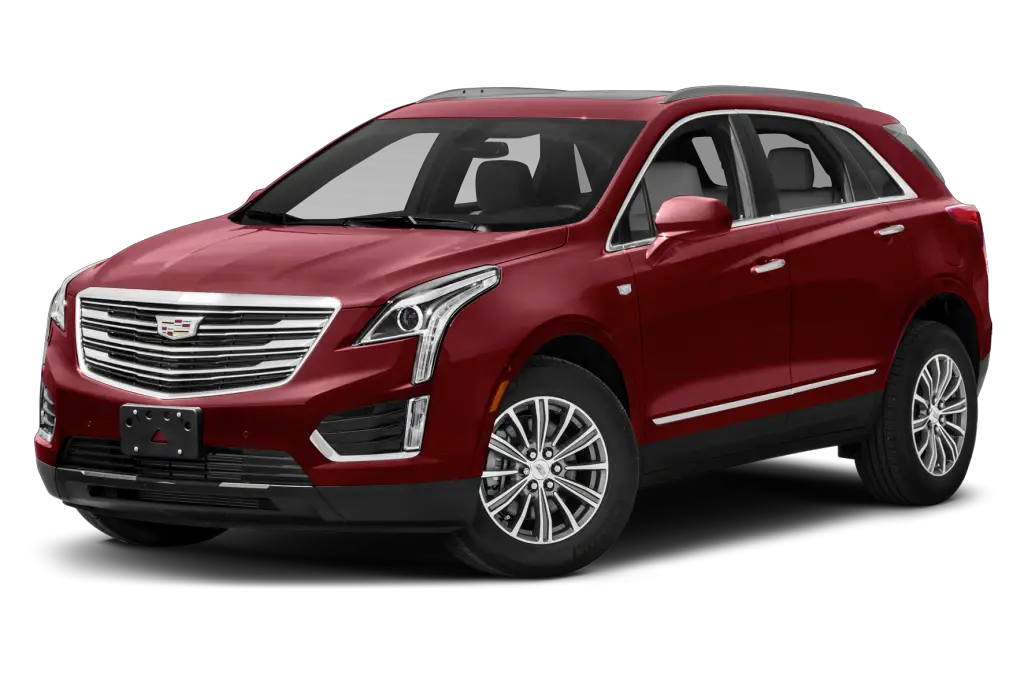
What Happens If You Use the Wrong Fuel Type in Xt5?
It is possible to cause an accident by using the wrong fuel type in your car.
If you are still unsure about what you should be using for your xt5 then remember that 87 octane is the recommended and suitable octane rating for your car.
It is possible that you need to have your car checked by a professional if you are still experiencing performance problems.
Conclusion
The octane rating of 87 is associated with better performance and works well with Cadillac xt5’s regular unleaded gasoline.
If you have any more questions about what you should be using in your xt5 then please leave a comment.

Truck driver by profession, automotive lover by heart. Ricky is the main publisher and editor at Truckile.com sharing his life-long knowledge and experience in the auto industry and truck driving!

